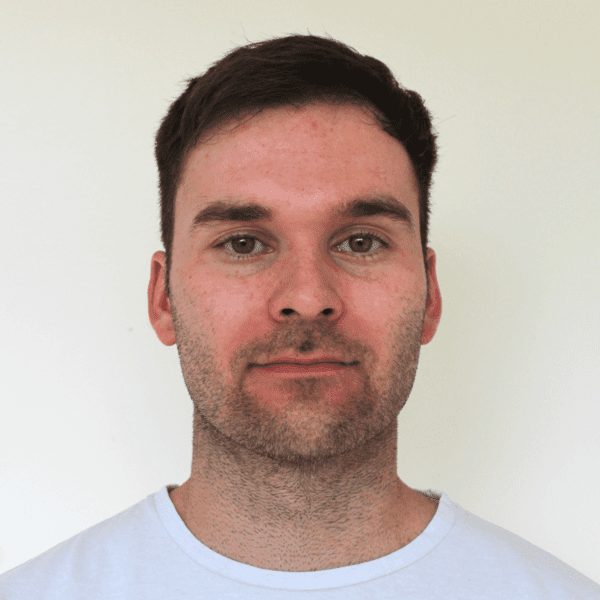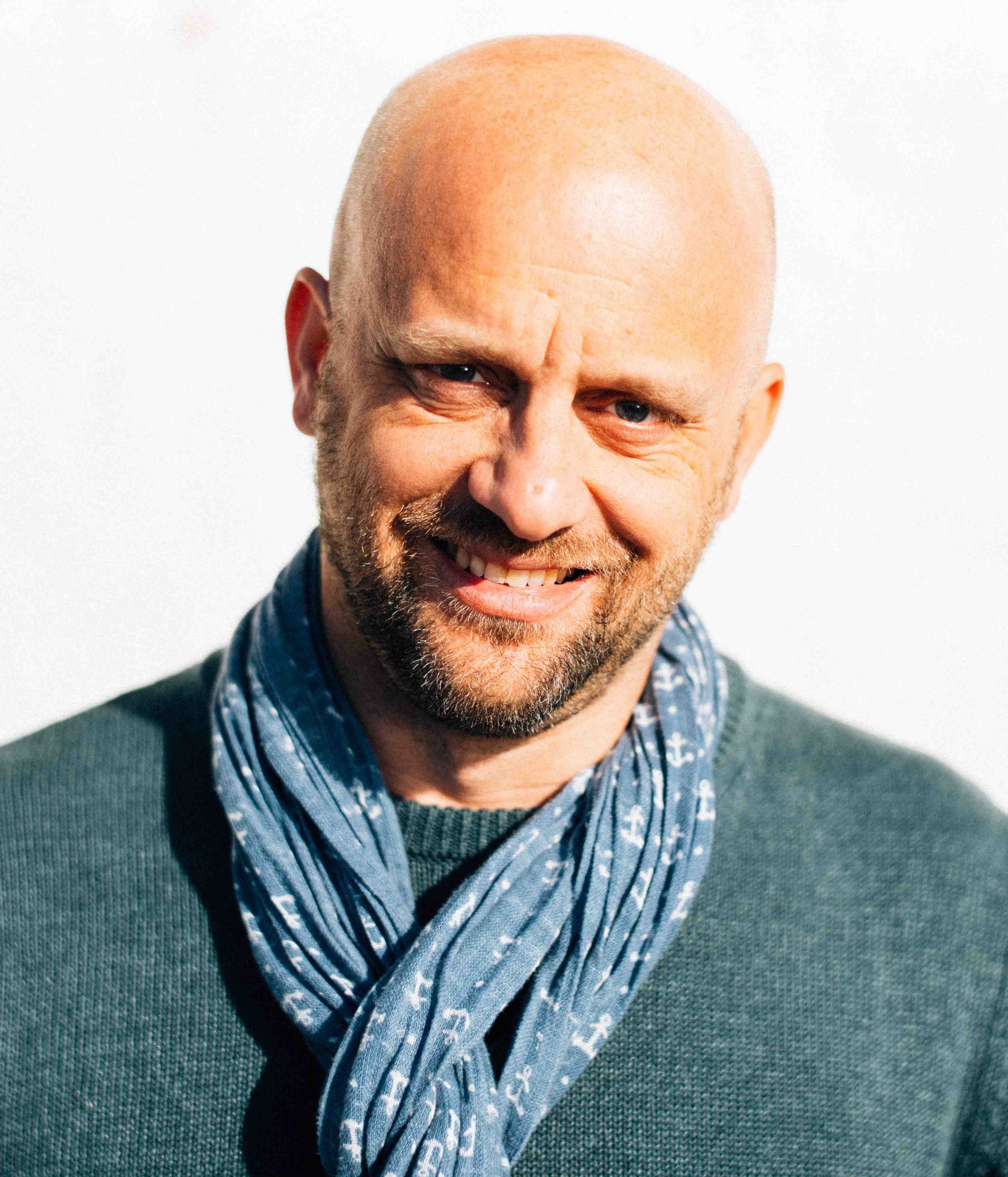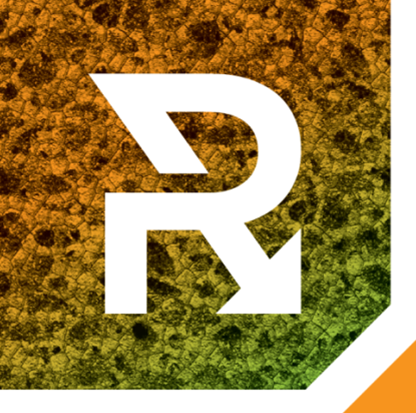Institute for Research on Cancer and Aging, Nice (IRCAN)
CNRS, INSERM, Université Côte d’Azur, Nice, France
Project description
The goal of the project is to identify and determine the role of regeneration-specific cellular processes and genes in the sea anemone Nematostella vectensis (https://tinyurl.com/Nematostella). They have been identified during a large-scale bioinformatics RNA-seq comparison of embryogenesis and regeneration that revealed genes with a regeneration-specific expression dynamics and more globally, a regeneration-specific gene regulatory network logic (https://tinyurl.com/NvRegGRN). Ongoing scRNA-seq, ATAC-seq and additional bulk RNA-seq will provide a more defined version of the regeneration GRN with a tissular and cellular resolution. Together with recent findings that the mesenteries (internal structures of the animal) play a crucial role in in the induction of the regeneration process of Nematostella via the activation of two distinct stem cells populations (https://tinyurl.com/NvStemCells), this provides us with a unique opportunity to gain mechanistic insight into the function of selected genes / pathways. Thus, in this project we will take advantage of the wealth of tissular, cellular and molecular data characterizing Nematostella regeneration and use state of the art genome editing approaches to study regeneration-specific i) gene function, ii) regulatory elements and iii) cell fates.
Doctoral Candidate
Kai Hofmänner
Hello, my name is Kai Hofmänner and I am from Switzerland. I finished my MSc in Cell Biology in the spring of this year (2023) with a project entitled “Identifying the antigenic components recognized by IgG on the surface of Agathobacter rectalis and Enterococcus faecalis ” in the laboratory of Prof. Dr. Emma Wetter Slack, ETH Zurich. During the summer I had the opportunity to do an internship on fibroblast behaviour in zebrafish in the group of Prof. Dr. Darren Gilmour, University of Zurich. This fall, I join Dr. Eric Röttinger’s team at the IRCAN institute (Institute for Research on Cancer and Aging) in Nice (project 2), where we focus on the identification and characterization of regeneration-specific elements in the sea anemone Nematostella vectensis. As I have been interested in the regenerative abilities of animals since I saw a documentary as a child, I am very happy to have the opportunity to join the REGENERATE-IT network and focus on the starlet sea anemone to broaden and deepen my understanding of this fascinating and intriguing process. Aside from my scientific work, I enjoy cooking, reading and weightlifting, as I think it is important to have a good work-life balance.

Principal Investigator
Eric Röttinger, PhD
Researcher at the CNRS and team-leader at the Institute for Research on Cancer and Aging, Nice (IRCAN).
Research in the Röttinger team (Stress-response, Regeneration & Longevity) focuses on the mechanisms underlying environmental stress-response and whole-body regeneration and how they are related to a virtually illimited lifespan of certain cnidarians, such as Nematostella.
ORCID: 0000-0002-2938-6774
E-mail: eric.rottinger@univ-cotedazur.fr
Phone : +33 (0)6 63 97 10 78
Visit lab web page

Supporting Staff
Aldine Amiel, PhD
INSERM researcher
ORCID: 0000-0002-3049-2822
Email: aldine.amiel@univ-cotedazur.fr

Host Institute
The Röttinger team is part of the Institute for Research on Cancer and Aging, Nice (IRCAN). Aging is usually perceived as a process that results from the combined influence of constitutional or so-called « genetic » factors, life-style associated factors and external events. Understanding these multiple interconnections requires synergy between many areas of molecular, cellular, or biomedical biology, more dedicated to the study of aging and age-related diseases such as cancer. To this goal, the IRCAN was created by the Université Côte d’Azur (UCA), the National Institute for Health and Medical Research (INSERM), and the National Center for Scientific Research (CNRS). The IRCAN is located at the Medical School in tight proximity to the University Hospital (CHU). The research carried out at the IRCAN involves major areas of biology, from basic research to medical applications, with the objectives of improving our understanding of the common foundation between aging and cancer as well as developing innovative strategies extend our health-span.
The French National Centre for Scientific Research (CNRS) is among the world’s leading research institutions. Its scientists explore the living world, matter, the Universe, and the functioning of human societies in order to meet the major challenges of today and tomorrow. Internationally recognized for the excellence of its scientific research, the CNRS is a reference in the world of research and development, as well as for the general public.
The National Institute for Health and Medical Research (INSERM) is a public scientific and technological institute which operates under the joint authority of the French Ministries of Health and Research. The institute is dedicated to biomedical research and human health and is involved in the entire range of activities from the laboratory to the patient’s bedside. It also partners with the most prestigious research institutions in the world that are committed to scientific challenges and progress in these fields.Université Côte d’Azur is a recently created cluster of higher education establishments on the French Riviera that brings together the major players in higher education and research on the Côte d’Azur. Université Côte d’Azur aims to develop a new, 21st-century model for French universities, based on new interactions between disciplines, a new form of coordination between research, teaching, and innovation, and strong partnerships with the private sector and local authorities. In January 2016, Université Côte d’Azur won a prestigious Initiative of Excellence (IDEX) award from the French government for its UCAJEDI project, placing it among the top 10 universities in France.
